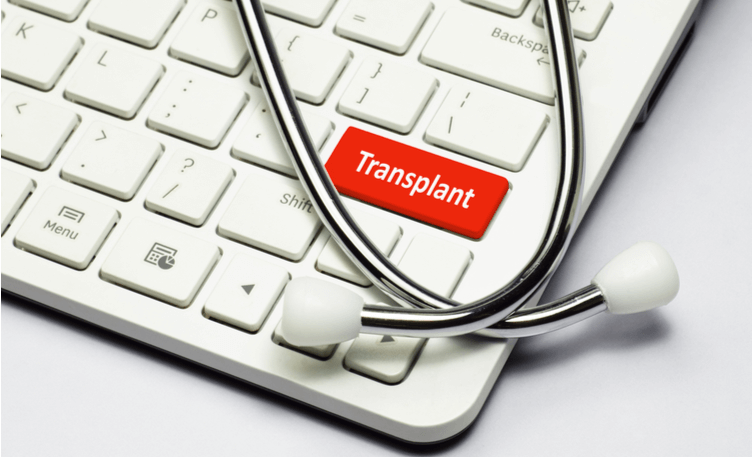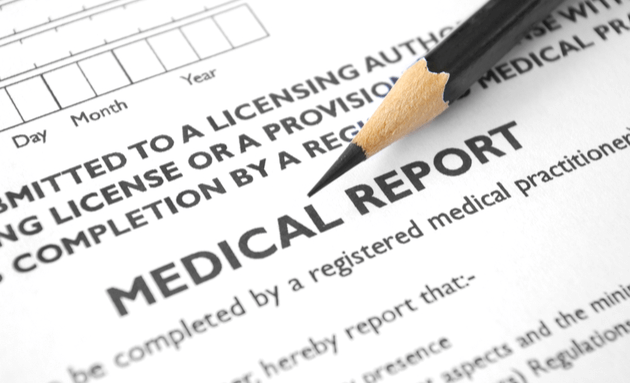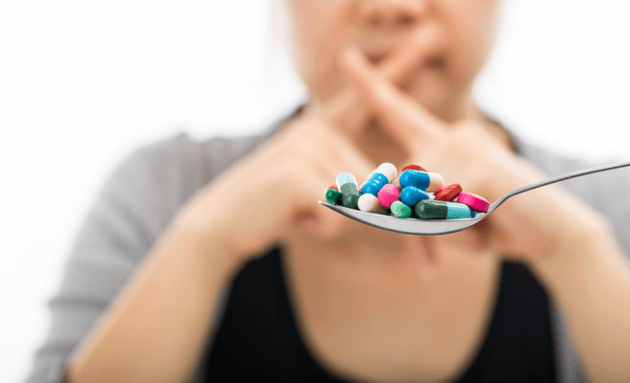How to Prepare for a Living-donor Liver Transplant

The process of getting a liver transplant essentially consists of the removal of any diseased sections of the recipients liver, which are then replaced with a healthy liver section from a living donor. The liver, due to its regenerative abilities, will begin to grow back to its original size in 1-8 weeks. This process can, however, be a strenuous affair without the right planning.
Here are a few things you need to know when you donate or receive a liver (transplant).
1. Get all your Pre-Surgery tests

A liver transplant surgery is prescribed by a doctor when they need to partly or (completely) replace your diseased liver with a healthy one from a donor.
The first step in your transplant requisition journey is to find out your MELD (model of end stage liver disease) score. This score is essential for getting listed on the national liver transplant waiting list.
Your MELD score is determined by three blood tests that will measure your (Bilirubin,INR and Bilirubin) to help to determine your priority ranking on the donor list. These scores can veer from 6 to 40 where higher scores get higher transplant priority.
Your doctor might also recommend a range of pre-surgery evaluation tests based on your age and sex. These tests will seek to validate your overall fitness level, liver function and test for any unintended surgical complications. Here are some common tests.
- X-Rays
- Urine and Blood
- Cardiac Echo
- Pap smear and Mammograms
- Colonoscopies
2. Do Not Take Any Medicines Without Medical Supervision

Leading up to your surgery, it is important to avoid taking any drugs or supplements for a week (unless explicitly prescribed by your doctor).
Avoid taking pain relief medicines unless prescribed. Also, avoid drugs like Aspirin and Ibuprofen (Non-Steroidal Anti Inflammatory Drugs), and birth control medication as they can interfere with your body’s ability to clot blood.
3. Be Active And Follow A Healthy Diet
You can improve your recovery time by following a healthy diet and staying active in the run-up to your surgery. This will serve to fortify your immunity as well as help defend your body from any harmful infections post-surgery. Proteins like eggs, dal and meat are an essential component of a pre-surgery diet, as a diseased liver can leave your body weak and underweight. Build muscle with the right amount of proteins, and also decrease your intake of sodium sources (like salt) to lower fluid retention and keep your blood pressure in check.
Living donors should also consider keeping their weight in check as the surgery can put a strain on their liver and being overweight can drastically increase recovery time. It also goes without saying that the consumption of alcohol and smoking of cigarettes before the surgery is an absolute no-no, regardless of whether you're a donor or a recipient.
4. Plan for Surgery and Recovery

Make it a point to stay away from any solid foods for 12 hours before your surgery to avoid any unnecessary nausea during and after your surgery. Ensure that all formalities and paperwork are processed and that contingencies like emergency blood and medicines are on standby should you need them.
Post operation recovery should be a vital component in your overall plan. Surgeries of this nature will require you to be under medical supervision for up to a week. You will, therefore, have to make the necessary arrangements for your support groups - be it family or friends - to help you get through this critical period of recovery as well as manage your affairs at work or home in your absence.
For more info call: +917042396135


